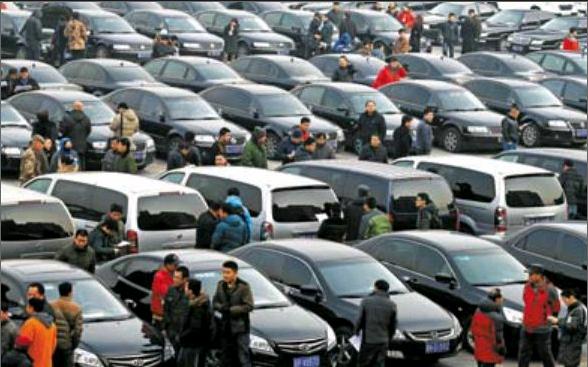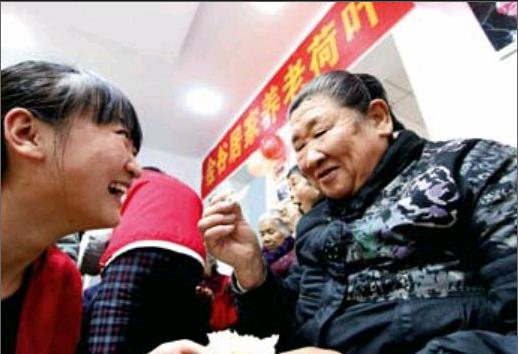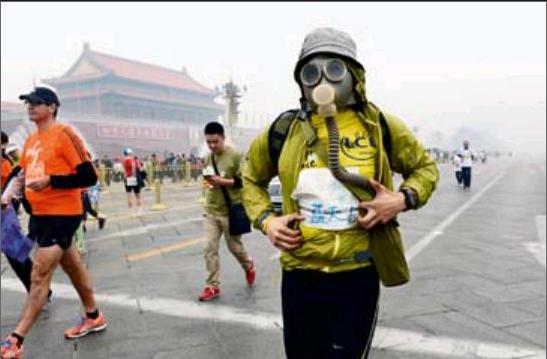Predicting Hot Topics of the Two Sessions
2015-03-16



Completing the “first year of furthering Chinas economic reform”in 2014, China heralded 2015 as the “decisive year of deepening reform” as it marks the end of its 12th Five-Year Plan (2011-15) for general social and economic development while comprehensively accelerating the plan to “rule the country by law.”
In March 2015, China will witness its annual “two sessions” of the National Peoples Congress (NPC) and the National Committee of the Chinese Peoples Political Consultative Conference (CPPCC), which will review major issues concerning the national economy and social development and promulgate a series of policies for future development in China, the worlds second largest economy.
What will be the hot topics of the two sessions? What results do people most want to see? Wed like to share a few of our predictions.
. Economic Reform under “New Normal”
In 2014, China saw an increase of 7.4 percent of its GDP over 2013 – the slowest growth rate in the last 24 years. Three international institutions, World Bank, International Monetary Fund, and Asian Development Bank, agree that China will further slow its pace of economic growth in 2015 due to several factors such as the deceleration of credit, loan and investment growth and cooling of the real estate market.
Despite the fact that Chinese economy has entered a “new normal” stage characterized by a shift from high-speed growth to medium-to-high-speed growth, it has undoubtedly started a more steady, sustainable transformation through structural reform.
With regards to economic reform, suggestions by deputies to the two sessions may focus on how to implement development strategy driven by innovation and how to hasten the adjustment of the economic structure.
. Accelerating “Rule of Law”
The approach of “ruling the country by law” was upgraded to a new stage at the Fourth Plenary Session of the 18th CPC Central Committee in October 2014.
Ma Huaide, vice president of China University of Political Science and Law, asserts that 2015 will see the launch of the countrys first round of comprehensively promoting the “rule of law” campaign, which could bring measures of reform in realms of legislation, judicial administration, and law enforcement. Stress on judicial reform will safeguard a smooth start and operation of a new judicial system, which can be evidenced by the recent establishment of the circuit courts under the Supreme Peoples Court of China. In 2015, the NPC will amend laws concerning vital public interests such as legislative law and food safety law and regulate and solve problems in sectors of politics, economics and society through wider channels of “rule of law.”
. Maintaining Pressure on Corruption
Throughout 2014, the Chinese government combated corrupt low-ranking officials as well as senior officials, including Su Rong, Zhou Yongkang, and Ling Jihua, assuring constant “high-pressure”anti-corruption campaigns.
In accordance with the “task list” in the work report adopted by the Fifth Meeting of the Commission for Discipline Inspection of the CPC Central Committee in January 2015, not only does the anti-corruption sword point at government officials, it also targets leaders of state-owned enterprises under the jurisdiction of the State-Owned Assets Supervision and Administration Commission(SASAC) of the State Council as well.
China is also intensifying its anti-corruption efforts through international cooperation. Along with the “Fox Hunt” to track and capture corrupt officials residing abroad, Chinese discipline inspection and supervision authorities have established an institution specializing in international cooperation.
The Chinese government has shown determination to sign more agreements for bilateral judicial cooperation with more countries to strike an even heavier blow to fugitive officials.
. Streamlining Administration & Delegating Power with Negative-List Concept
In 2014, the Chinese government made remarkable achievements in “subtraction,” earning wide acclaim from the public for streamlining administration and delegating power as well as canceling many administrative permits previously required for business.
Wang Guohua, professor with the Faculty of Public Administration under Huazhong University of Science and Technology, believes that “making lists” will become “new normal” for the government to accelerate its functional transformation in 2015. Greater numbers of local governments will define relevant prohibitions and limited content with “negative lists” to intensify standardization and guarantee the construction of service-oriented government.
Debates over crackdown on “tailored taxi service” in certain cities have reminded city managers to avoid enforcing the law too sweepingly. Streamlining administration and delegating power has hastened the shift of government role from “management” to “service.”
. Modern Agriculture, Farmers and Countryside
Not long ago, the Central Government again highlighted issues related to agriculture, farmers and rural areas in its Document No.1 of 2015.
Zhu Lizhi, research fellow from the Institute of Agricultural Economics and Development under the Chinese Academy of Agricultural Sciences, surmises that compared to Document No.1 last year, the Central Government has further underlined “making new efforts to beef up reform and innovation” in hopes of accelerating Chinas agricultural modernization drive.